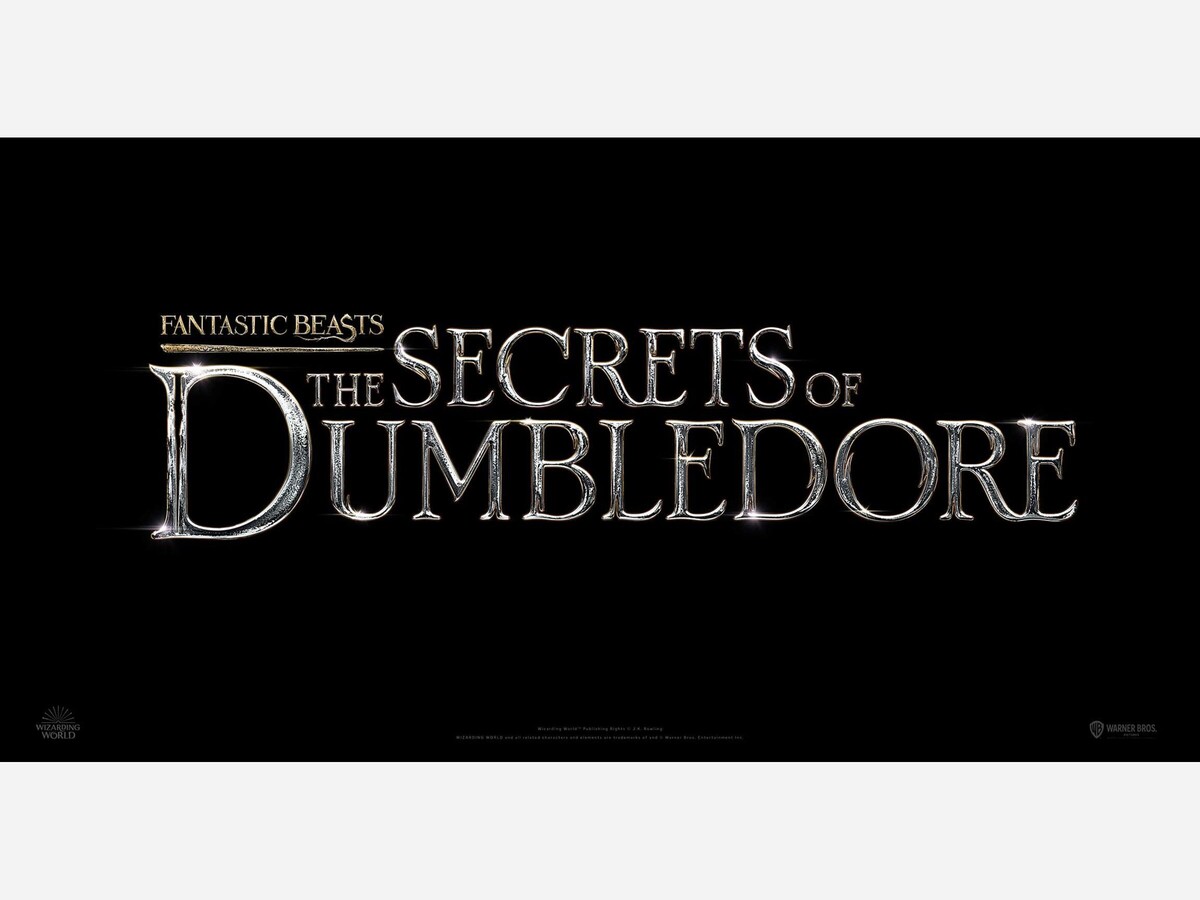Image


It is safe to say without malice that the Fantastic Beasts movies have not exactly set the world on fire the way that Warner Brothers was hoping they would. The first entry(Fantastic Beasts and Where to Find Them) was passable, but did not capture the magic of the Harry Potter franchise that it served as a distant prequel to. The sequel (Fantastic Beasts: The Crimes of Grindelwald) was borderline unwatchable with a nonsensical plot and anticlimactic ending. Fantastic Beasts: The Secrets of Dumbledore manages to split the difference between its predecessors by being a step above the franchise’s low point but also still a mess of a movie.
The role of the war with Grindelwald in the wizarding world took on almost mythic proportions during the era of the original eight Harry Potter movies. As such, it would be almost impossible for the realization of these events to live up to what readers and viewers built up them to be in their minds. That said, there is a ton of dependence on mythical creatures that would appear to have massive implications for the world and would have been referenced at least once prior to this. For example, this film explains (poorly) that there is an election being held for leader of the wizarding world that is ambiguously dependent on an endorsement delivered by a deer-like magical creature found in a jungle somewhere.
This brings up one of the most important aspect of fantasy fiction: world-building and internal logic. Not only is it important for the narrative to have a logic system for magic and other otherworldly abilities, these rules and systems need to be consistent across even what came before this entry. The concepts introduced in this film do not fit in neatly with the rest of the series and serve mostly to create the illusion of depth in this story without really diving too deeply into the interesting aspects of the world. For example, a not-unsubstantial amount of time is spent in the German Ministry of Magic, showing the fourth separate bureaucratic institution over the course of three stories. At the same time, this movie introduces a place in the world that is the source for a lot of the magic used but that turns into a set piece for the third act and not an interesting expansion of the world.
The plot is borderline nonsensical, not completely nonsensical like The Crimes of Grindelwald, but still hard to follow nonetheless. This movie makes an attempt to explain it away saying that it is intentional and designed to be that way to keep Grindelwald himself confused (because through various plot contrivances he can see the future) but there is still a way to keep the audience in the loop while keeping the antagonistic forces confused. The only time the audience is kept in the loop of the story is at the end of the movie which just ends up making the sequence drag because what could be a mystery just feels drawn out.
One final thing of note is that the movie places a lot of dependence on the pendant that signifies the relationship between Dumbledore and Grindelwald. Within the context of the film, the pendant is a physical totem that prevents the two from attacking each other through magic. The problem with this totem is that the only significance that it carries is for audience members who know how the story ends and how the final confrontation is between Dumbledore and Grindelwald with Dumbledore beating him and wresting control of the Elder Wand. If someone does not know this going into the movie, the obsession with this little piece of glass is pointless because Grindelwald is not shown to be a physical threat that needs to be faced down by Dumbledore and there is no reason that Newt, Theseus, Lally, Tina, Bunty, Aberforth, Yusuf, or McGonagall could not handle the physical threat posed.
This movie will be on HBOMax shortly for those who do not want to take the trip to the theater to watch this two and a half hour long bore. That said, hardcore Harry Potter fans will still find something entertaining in this film in the same stylistic choices that David Yates has made for the franchise since Harry Potter and the Order of the Phoenix.
Final Rating: 5/10